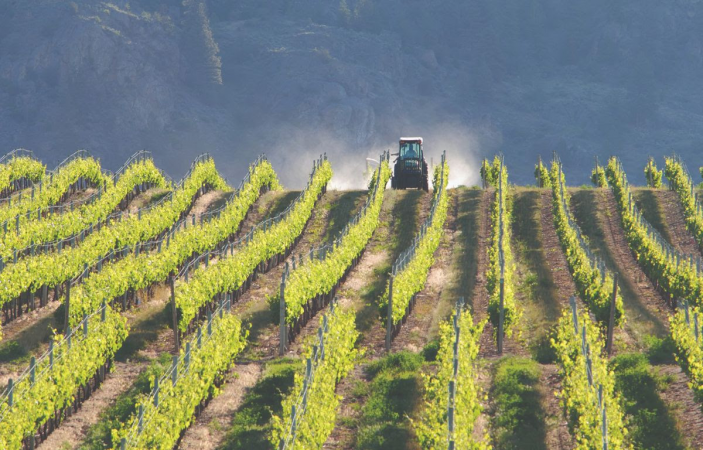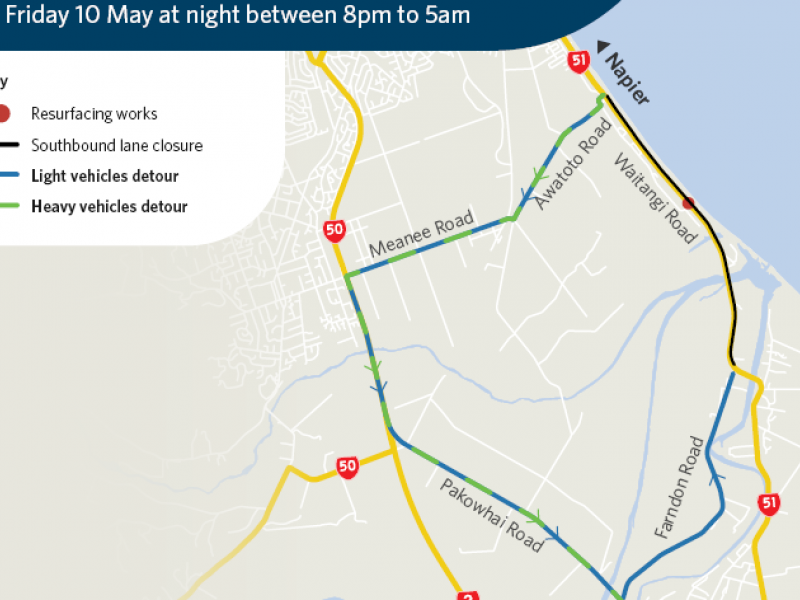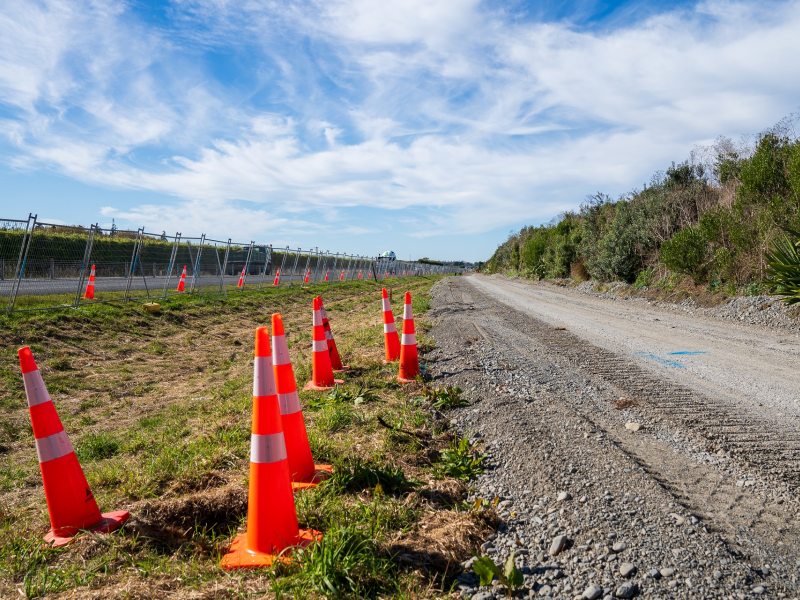Regional Council urges growers to watch risk of spray drift during spring
With the arrival of spring, Hawke’s Bay Regional Council is reminding growers to follow the spraying rules to protect the health of the community and environment.
Group Manager Policy & Regulation, Katrina Brunton, says springtime means lots of sprayers will be out and it’s important the rules are followed.
“Sprays need to be used safely and responsibly by growers. Our Regional Resource Management Plan (RRMP) lays out the rules for spraying both organic and conventional agrichemicals to keep our community safe,” says Ms Brunton.
“Sprays can be dangerous to public health and need to be used with great care and diligence. We will not tolerate poor practice from the horticulture sector and will rigorously enforce the law to protect people and the environment."
Some health risks linked to spray drift are asthma, watery eyes and skin rashes, as well as polluted waterways and harm to native wildlife.
“We know that most of the growers out there follow the rules which is great, but if the requirements of the RRMP aren’t followed, the Regional Council will pursue enforcement action and clean-up costs,” says Ms Brunton.
In 2019 and 2020, Johnny Appleseed Ltd was fined $14,000 and $14,400 respectively for illegal spray drift.
“We’ll be out and about monitoring areas for spray drift in the next couple of months and will be sending out information to growers so everyone knows the rules,” adds Ms Brunton.
Follow the checklist for both organic and conventional sprays when spraying:
- Know that landowners and contractors are both responsible for spraying safely
- Know the rules, such as taking extra care around boundaries or water
- Use an experienced operator certified GROWSAFE®
- Notify people and use signs where required
- Take care spraying near sensitive areas and buffer zones
- Have a property spray plan as required
- Watch weather conditions and adapt as needed
View the Regional Resource Management Plan and refer to Chapter 6, rule 10.
If you have information about discharges to land, air or water contact the Regional Council’s Pollution Hotline on 0800 108 838.

























